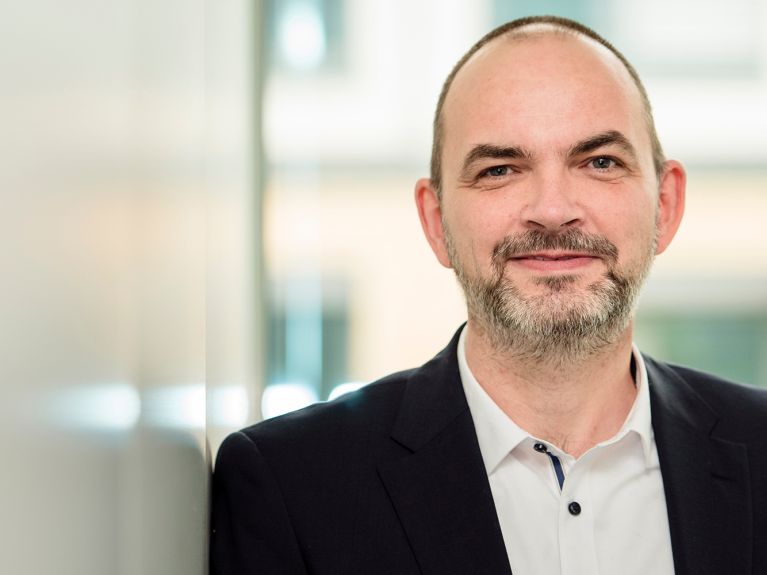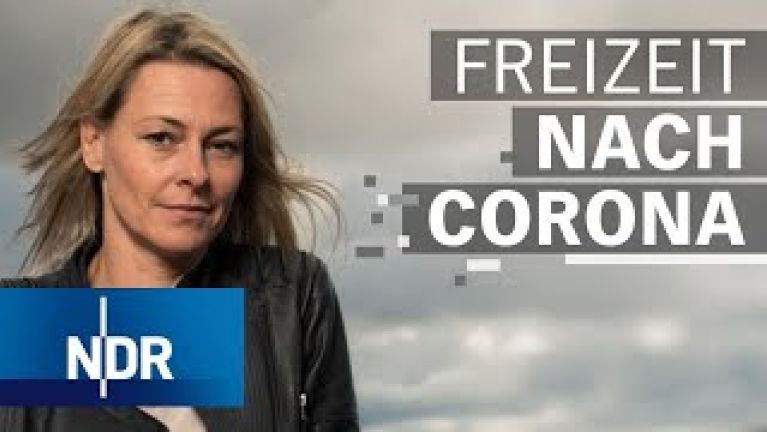“The end of the age of selfishness”
Will the world move closer together or will distance increase after the corona crisis? Here you can read what the futurologist Ulrich Reinhardt says on the subject.

Will we engage in even more joint research in the future? Will decision-making be more global after the corona pandemic? Will the solidarity last? Here are some analyses from Professor Ulrich Reinhardt, Scientific Head at the BAT Foundation for Future Studies.
Professor Reinhardt, will the world address other global issues, such as climate change, collectively after the corona crisis?
I would hope so! After all, global cooperation shows what enormous potential is possible for all. In contrast, individual countries going it alone almost never pays off and at most only helps to distract attention from internal problems for a short time.
For me, the most important prerequisites for better global cooperation would involve, first, developing long-term strategies and acting less on the basis of election periods and quarterly reports, and, second, placing even greater reliance on scientific expertise. This also demands of science itself that it should present its findings impartially and discuss them openly – studies have often been used in the past to confirm the respective preferred point of view.
If we were to cooperate more closely, this would not only maintain, but also increase everybody’s quality of life.
Won’t distance increase? After all, the coronavirus has also revealed several negative effects of close global interaction.
That risk exists, and national thinking could also become more widespread. Nearly all countries are currently acting for their own benefit, looking for individual solutions and ways of maintaining national interests. This could become a problem – especially for western countries. Our economic strength, and also our values and our quality of life are based on unity, cooperation, an exchange of views, free trade, mutual assistance and support. It is important to protect all this – especially in times of crisis.
Do you believe that the corona crisis holds the potential for even stronger international research cooperation in the future?
Every crisis is simultaneously an opportunity for change, further development and therefore improvement. We live in a global world, and if countries, companies and research institutions were to cooperate more closely, this would present opportunities for not only maintaining, but also increasing everybody’s living standards and quality of life.
Dieses YouTube-Video kann in einem neuen Tab abgespielt werden
YouTube öffnenThird party content
We use YouTube to embed content that may collect data about your activity. Please review the details and accept the service to see this content.
Open consent formAt the moment we are talking a lot about solidarity and a sense of unity in the crisis – how much of that will remain?
A great deal, I hope. Now, during the crisis, people are discovering the advantages of greater contact with neighbours, relatives and friends – even if this is only in the virtual world or over the garden fence. This could therefore signal the end of the age of selfishness and the beginning of a renaissance of the family and a growing sense of community. In any event, that is exactly what many people wish for. Last year, for example, 88% of Germans already expressed the view that there is less and less room for selfishness in our society and we must stick together more. Despite the tragedy and drama involved, the crisis could also be an opportunity for a long-term improvement. The important thing is to sustain positive developments and learn from mistakes.



